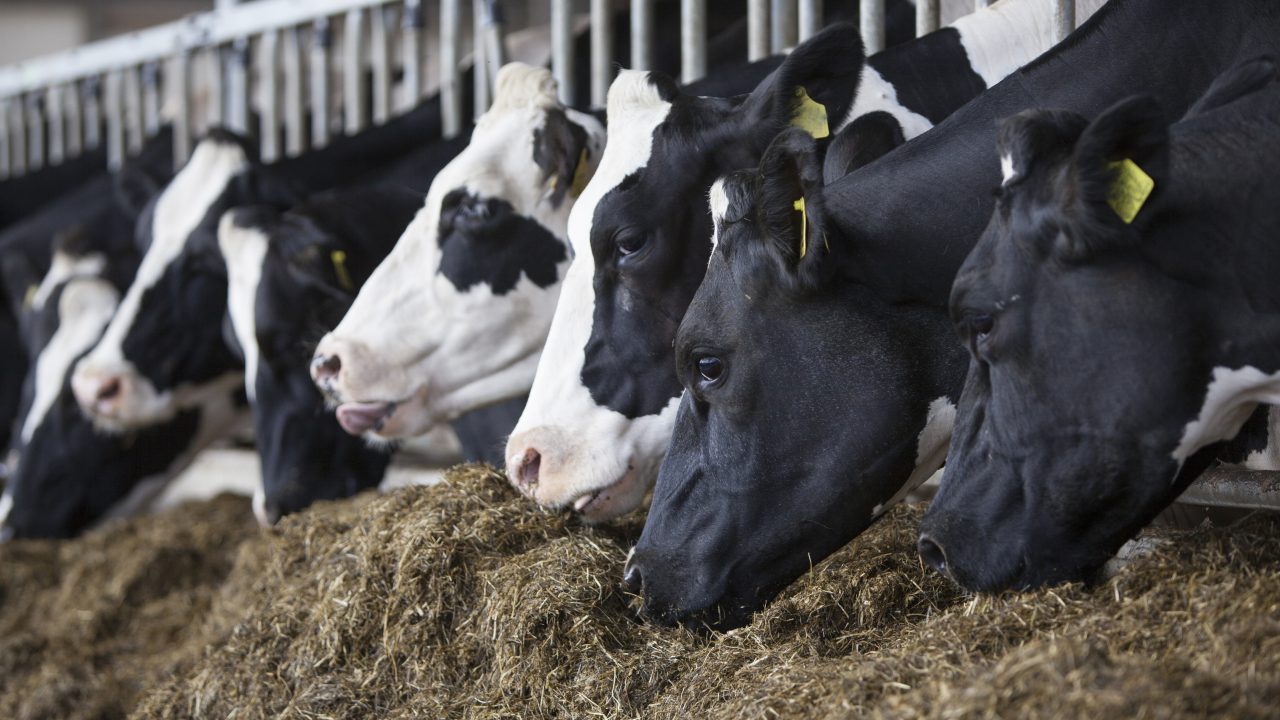The annual general meeting (AGM) of the Irish Cooperative Organisation Society (ICOS) is taking place virtually today (Monday, September 14).
Speaking during the online meeting, ICOS president Jerry Long argued that “questions need to be asked and conversations need to be had” around the agri-food sector.
Long told the meeting – the society’s 125th AGM – that: “On the face of it, we have a strong and efficient agriculture and food sector in this country, supporting tens of thousands of jobs, and exporting high-quality products worth billions to consumers far and wide.
In the years ahead, we need to maximise the potential for family farms to create good and stable incomes, thereby stimulating rural economic development. But this will be against the backdrop of our commitments on the environment and animal welfare, not to mention the exceptional challenges facing our sector.
Long highlighted the performance in the dairy sector over the past 10 years, resulting in increasing milk yields in that time.
However, the ICOS president added: “But we have to ask – can we actually continue to expand at such a rate?
“We have legal commitments on climate change, air and water quality, and biodiversity, as well as increasing restrictions reflecting necessary practices and consumer expectations on calf welfare,” he outlined.
Both farmers and industry need clear direction; and the challenge for the cooperative movement and others is to provide that. We simply can’t rush headlong into the huge herds and associated problems seen by our friends in New Zealand.
He also argued that the dairy, beef and tillage sectors are “interconnected and interdependent”.
Long told the delegates at the online AGM that the economic model for the beef sector is “broken, and characterised by farmers losing money”.
He called for a model that “allows livestock farmers to make a living from their farms and provides for a suckler herd producing top-quality beef for particular markets, alongside quality dairy beef for other markets”.
It may be too late to dream of cooperatives getting back into meat processing; but we do need to have cooperative marts that can organise and support beef farmers in a mutual endeavour to obtain fair treatment and fair prices.
Finally, Long told the AGM that the cooperative business model has “much to offer” in a national economy.
“As elected cooperative leaders, we have both the opportunity and the responsibility to shape the evolution of our sector,” he concluded.
